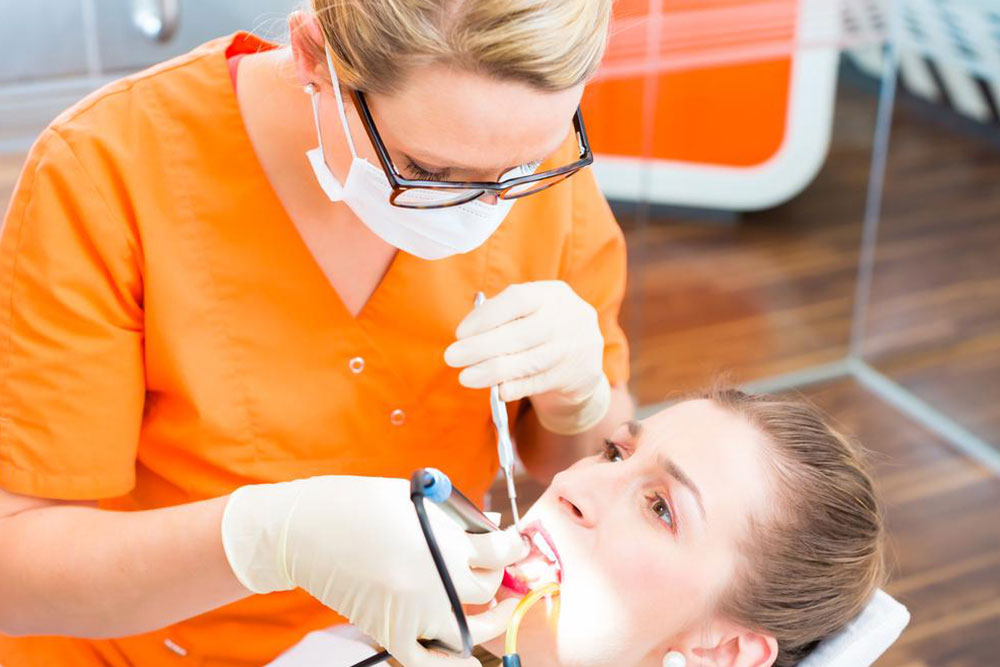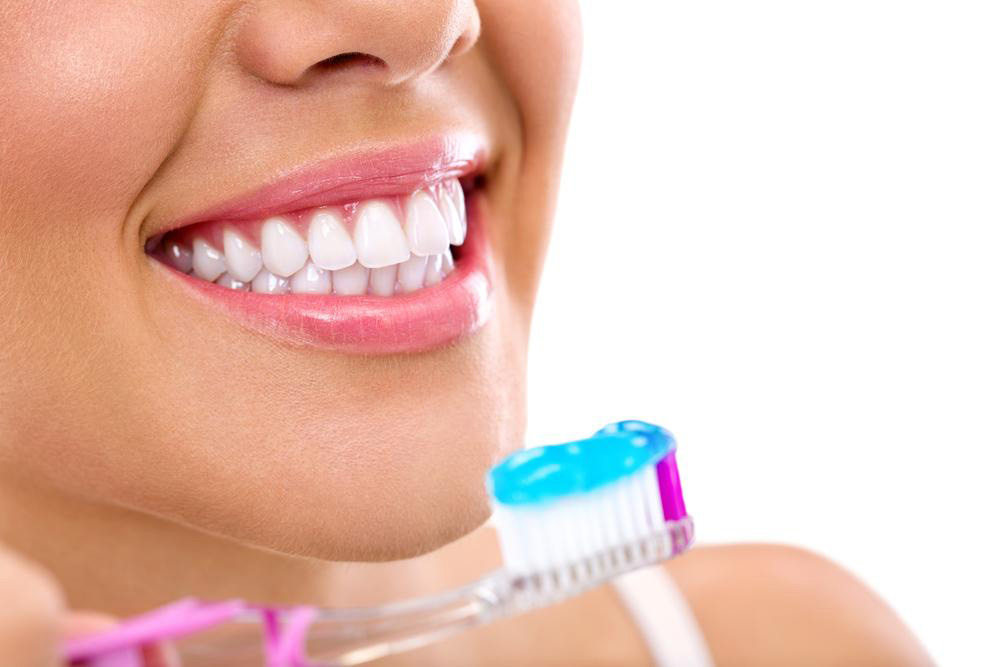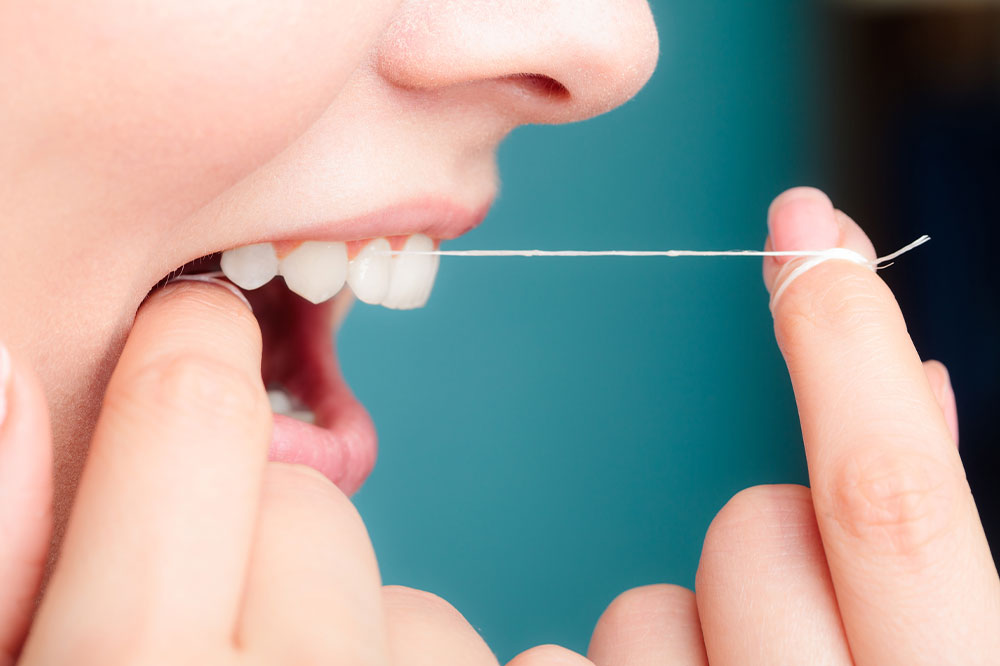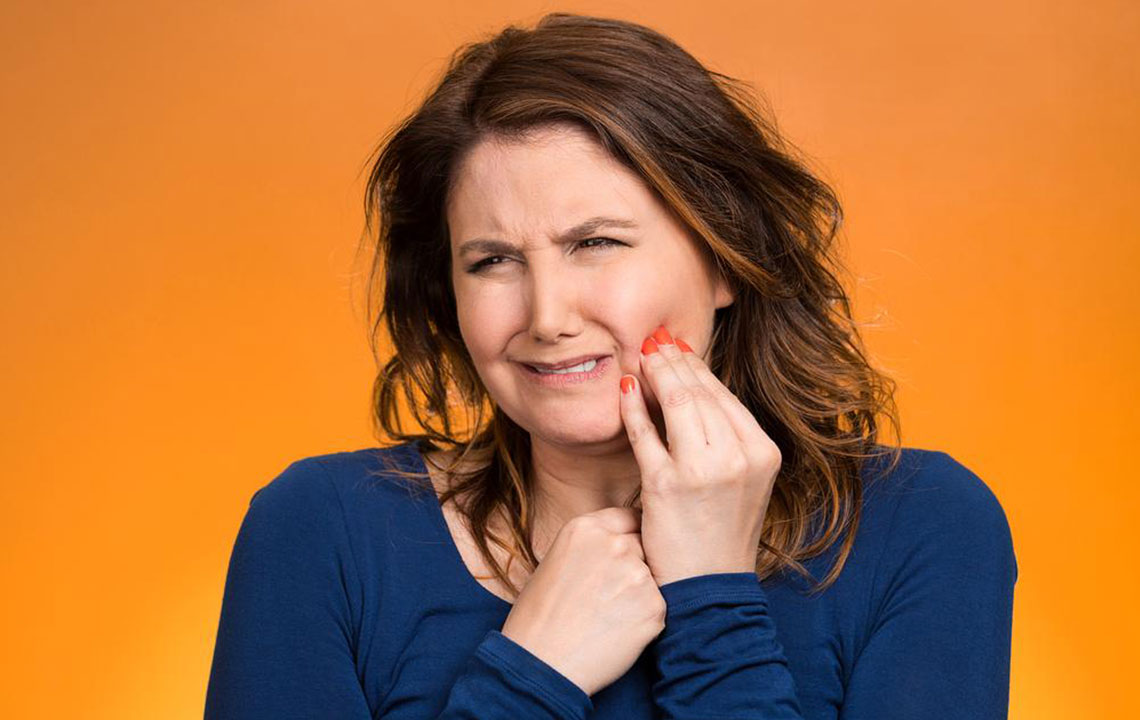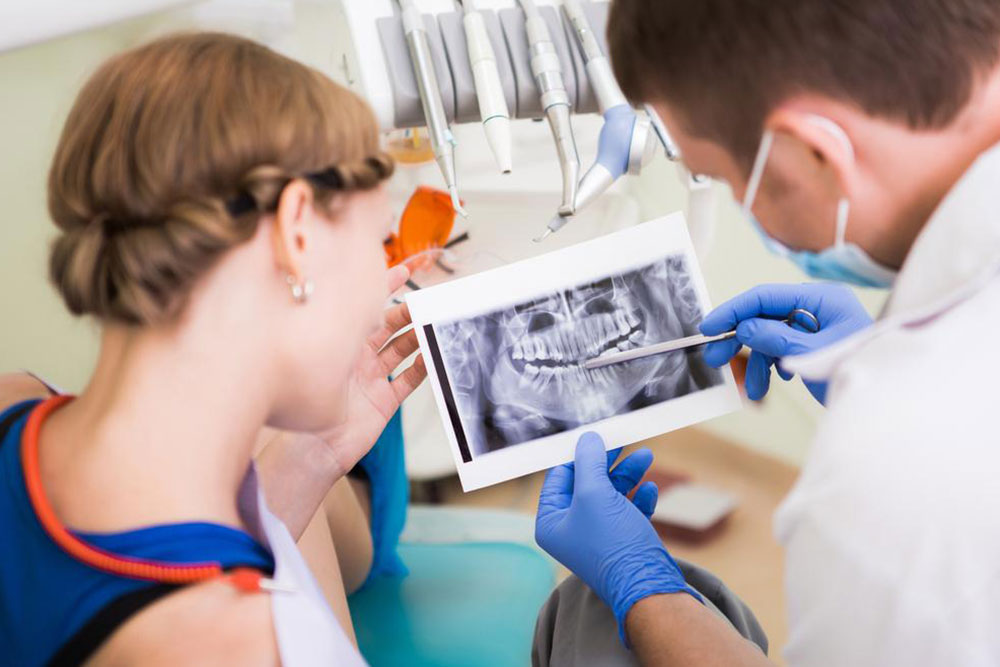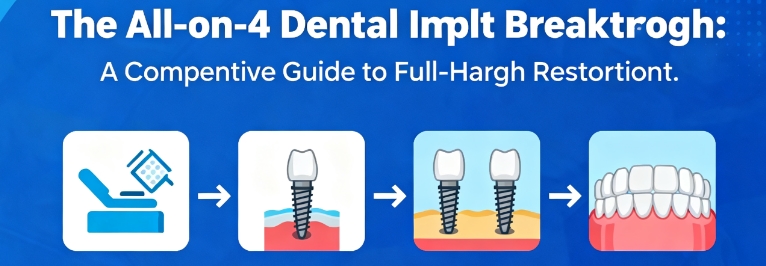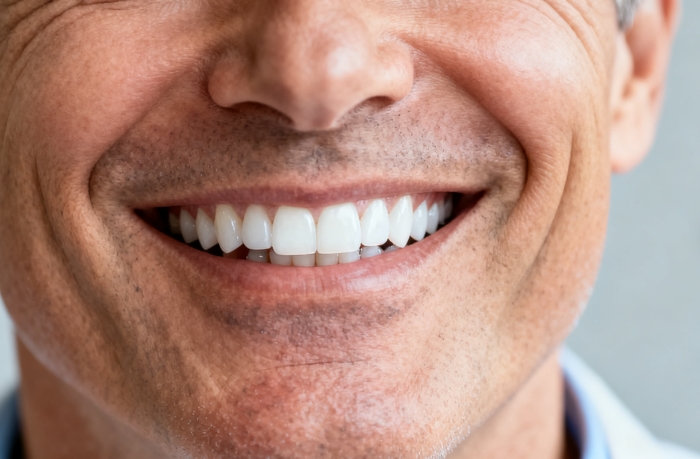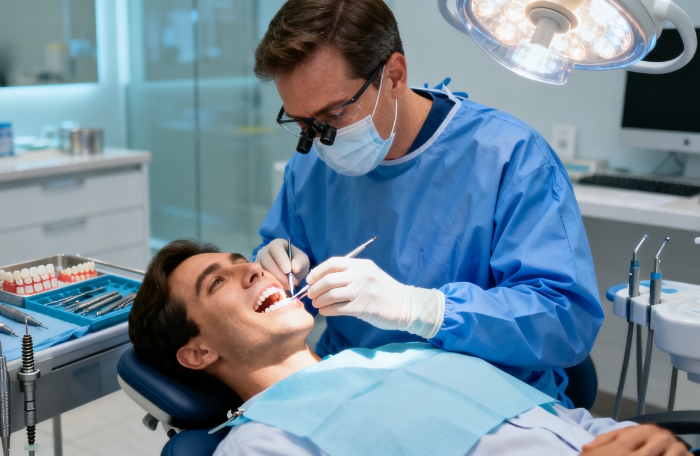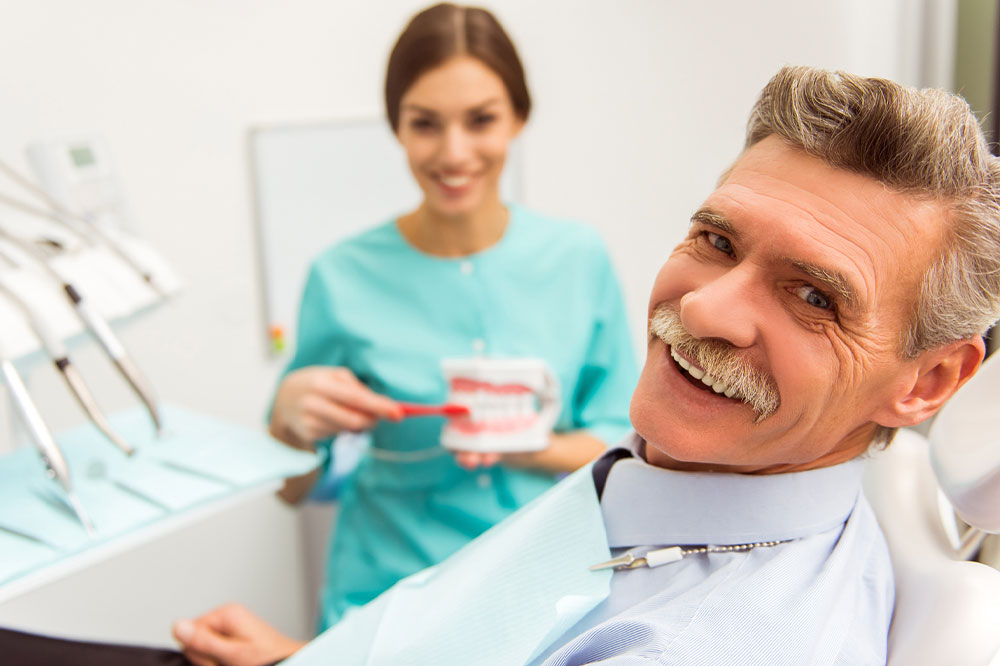Essential Oral Hygiene Tips Using an Electric Toothbrush
Learn essential oral hygiene tips to improve your dental health using electric toothbrushes like Oral B. Discover proper brushing techniques, the importance of flossing, choosing the right toothbrush and toothpaste, and maintaining overall mouth health for a brighter smile and healthier gums.
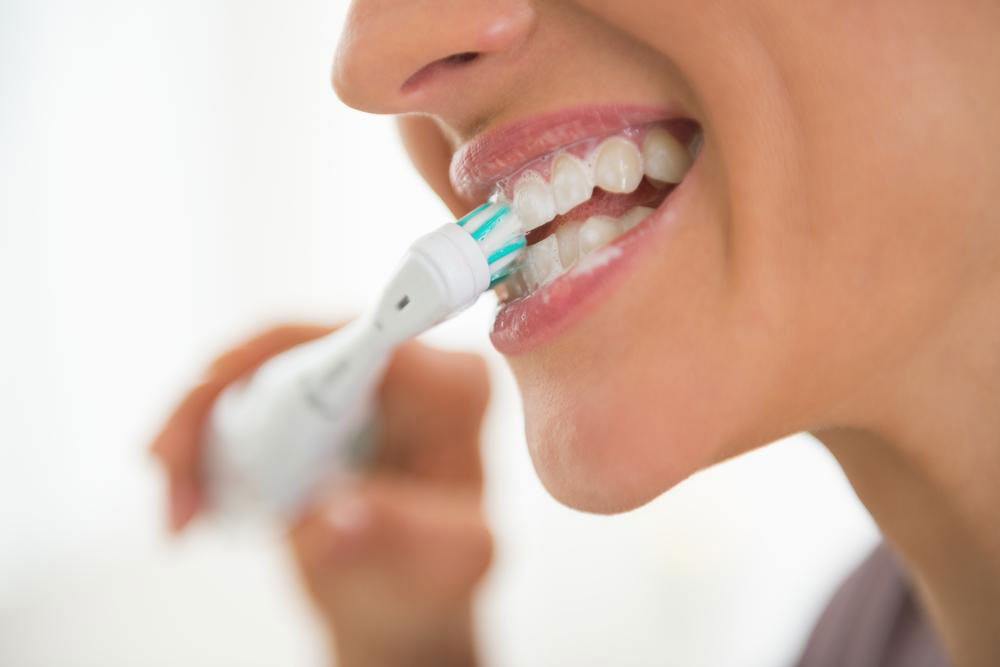
Essential Oral Hygiene Tips Using an Electric Toothbrush
Maintaining excellent oral health influences your confidence and overall wellness. The condition of your teeth, gums, and mouth plays a crucial role in your quality of life. While regular dental visits are necessary, daily oral care habits are equally important. Using a reliable electric toothbrush like the Oral B model is a great way to enhance your routine. Let’s explore effective tips for keeping your mouth healthy and clean!
• Proper Brushing Technique: Although brushing is routine, many are unaware of the correct method. Brushing twice daily and after meals helps prevent plaque buildup, gum issues, and infections. Use gentle, up-and-down motions for at least a minute on each section. An electric toothbrush such as Oral B ensures optimal pressure and speed, protecting your enamel from damage over time.
• Regular Flossing: Flossing daily helps remove food particles and plaque trapped between teeth, reducing the risk of cavities and gum diseases. Consider flossing at night to ensure no debris remains overnight. If flossing isn't feasible every day, rinsing with mouthwash can be an alternative to maintain oral freshness and hygiene.
• Selecting the Right Toothbrush: Opt for toothbrushes with rounded bristles to prevent enamel erosion. Harsh bristles can weaken teeth and harm gums over time. Both manual and electric options, like the Oral B electric toothbrush, are effective choices, provided they are gentle and suitable for your oral needs.
• Choosing Appropriate Toothpaste: Use a toothpaste containing at least 1,350 ppm fluoride to ensure thorough cleaning and protection against plaque. For children under six, a lower fluoride concentration of up to 1,000 ppm is recommended to avoid overexposure while supporting healthy tooth development.
Note: Our blog offers valuable insights across various topics, supported by thorough research. However, these articles should not replace professional dental advice. The site is not responsible for discrepancies or inaccuracies found elsewhere. Additionally, promotional schemes or offers may vary, so please verify for the best options.

